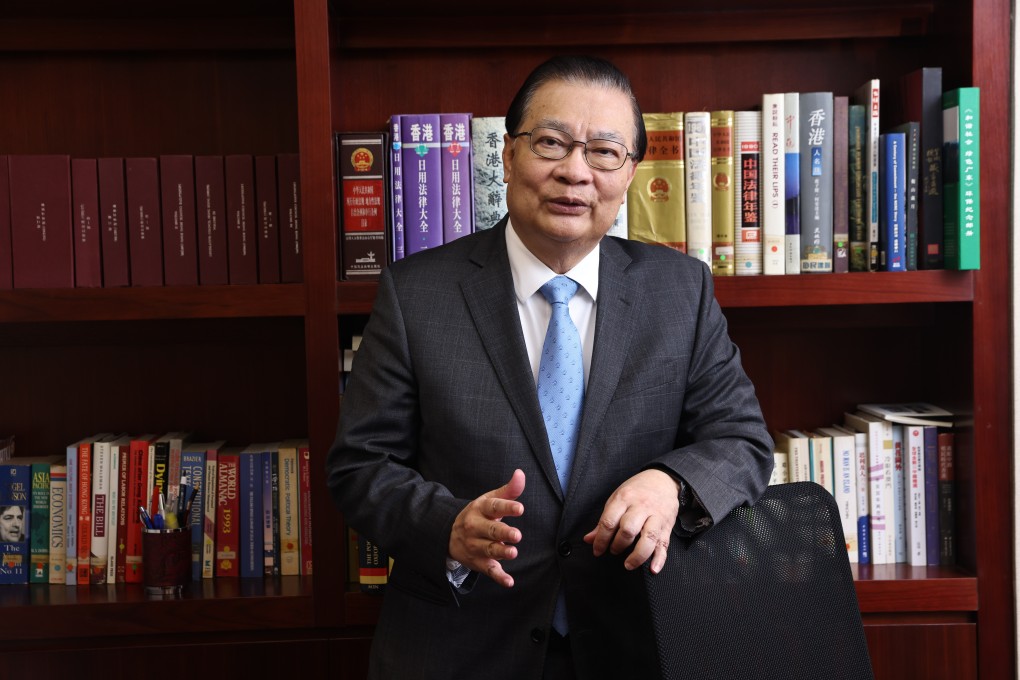Exclusive | Hong Kong’s Election Committee will control Legislative Council with bulk of its own candidates, but it could pick non-members to be its lawmakers, says pro-Beijing heavyweight
- Nomination threshold may be lower than what it requires for chief executive hopefuls, Tam Yiu-chung says
- Legco members will be drawn from a cross-section of society, ensuring they will ‘consider the city’s overall interests’, he reveals

Tam was speaking ahead of the next standing committee meeting scheduled for Monday and Tuesday, when it is expected to finalise details following the endorsement of the electoral overhaul by the national legislature earlier this month.
“The new Legco members will be cross-sector. Geographical constituency and functional constituency lawmakers are mainly concerned about their own constituencies, but these new members will look at the full picture, and consider the city’s overall interests,” he said.
“They won’t be restrained by the pressure coming from geographical constituents and interest groups. They can scrutinise policies more fairly.”
Tam dismissed suggestions that Beijing was overhauling Hong Kong’s electoral system not only to shut out opposition politicians deemed to be “troublemakers” but also because their pro-establishment counterparts were not capable enough to help improve governance.